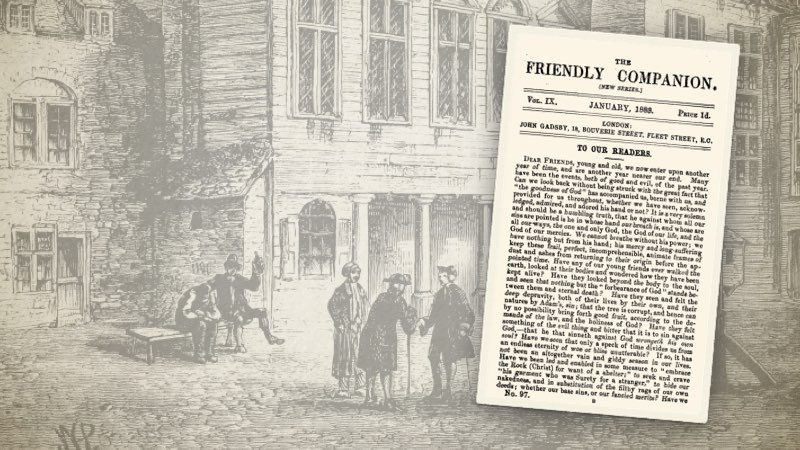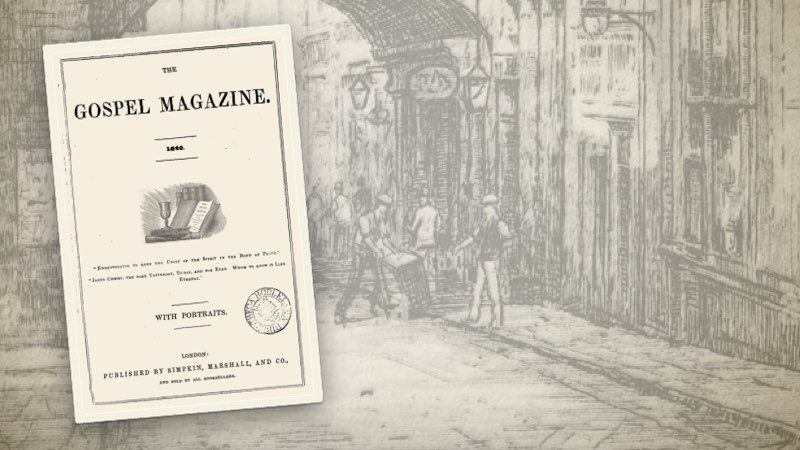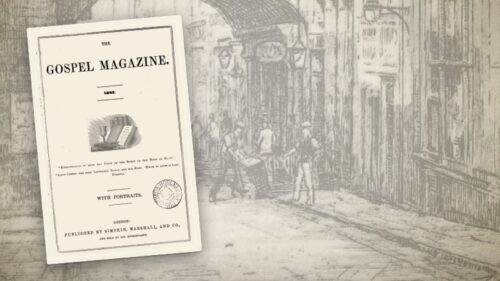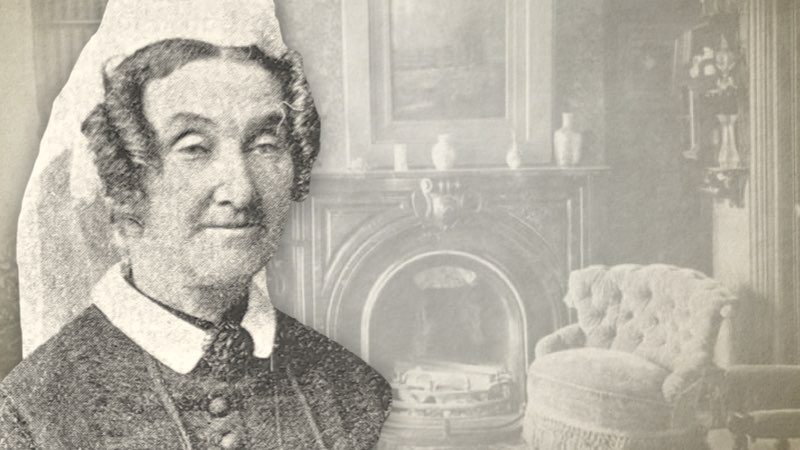-
June 21—Morning Devotion
"Men wondered at."—Zechariah 3:8 Men wondered at indeed, and every redeemed soul may truly say, I am a wonder unto many, a wonder to myself. Oh thou whose name is Wonderful! both thou and the children the Lord hath given thee, are for signs and wonders. Behold, my soul, how it was fulfilled in him whose name was Wonderful, and then thine astonishment will be the less that it should be fulfilled in his followers. I would contemplate thy person, blessed Jesus, and behold thee, not barely wondered at, but despised and rejected of men. The world gazed at thee, but saw no beauty nor form of comeliness in thee to desire thee. In thine offices also, how did the multitude despise thee as a…
-
God’s Care Of His People
Dear Children,—I have thought that it might not be altogether unprofitable to devote a little time to the very remarkable subject of the passage of the children of Israel through the Red Sea. It is a circumstance that manifests God's great and glorious power in the deliverance of his own people Israel; but awful vengeance indeed in the destruction of their enemies. We find the children of Israel encamped in a valley between two high hills, or mountains. The Red Sea lay before them, the impassable mountains on either side, so that, to all human appearance, there is no way out of this place but the way by which they came, and that is now blocked by a host of enemies. Now, although they are…
-
Notional Calvinism Versus Experimental Calvinism
Notional Calvinism is a plant of common growth in this our day of widely extended profession, whereas experimental Calvinism is just as scarce as ever it was. The former, like our present popular mode of travelling may be very perfect in machinery, but if the fire be wanting it is worse than useless. A bright morning ushered in the Sabbath of—. It was the anniversary of a place of worship, where the truth of God was sown in sorrow and watered with tears. The few who frequented it assembled at the usual hour, and the gathering was small. Numbers, however, have nothing to do with the operations of God’s Spirit, any more than instruments. It is nothing with Him to help, whether with many, or…
-
Study 5: The Laws Of God (2:1-16)
This study explores the differences between the Jews and the Gentiles; between the Covenant of Works and the Mosaic Covenant; between the heart law and the Mosaic Law; between the spiritually elect and the spiritually non-elect.
-
Study 4: Open Rebellion (1:18-32)
This study looks into the depravity of the human heart as it manifests itself in open rebellion against God. The subject is aligned with the Framework of Sovereign Grace, demonstrating where Paul's teachings fit within the masterplan of God for the ages.
-
The Life And Ministry Of Mrs. Samuel Jones
Mrs. Jones (relict of the late Mr. Samuel Jones, who was well known in connection with Mount Ephraim, Margate) peacefully passed away February 27, in her 79th year, at the residence of her eldest son, Bethune-road, Stoke Newington. Deceased was a noble specimen of God’s workmanship—upright gait, cheerful, bright, happy-looking Christian woman. Her pleasing countenance, always beaming with joy, gave one the impression of her being favoured with much of the Saviour's presence in her heart. In her younger days, with her husband, of blessed memory, she was favoured with the ministry of the late David Denham (by whom she was baptized) and Joseph Irons, subsequently J. A. Jones, of Jireh Chapel, in whose company and fellowship her love for the Lord Jesus Christ was…







